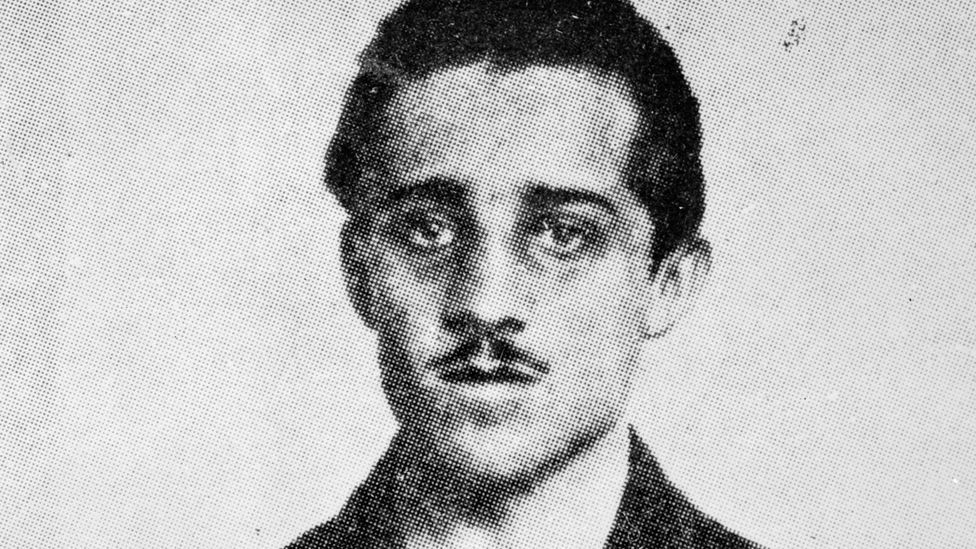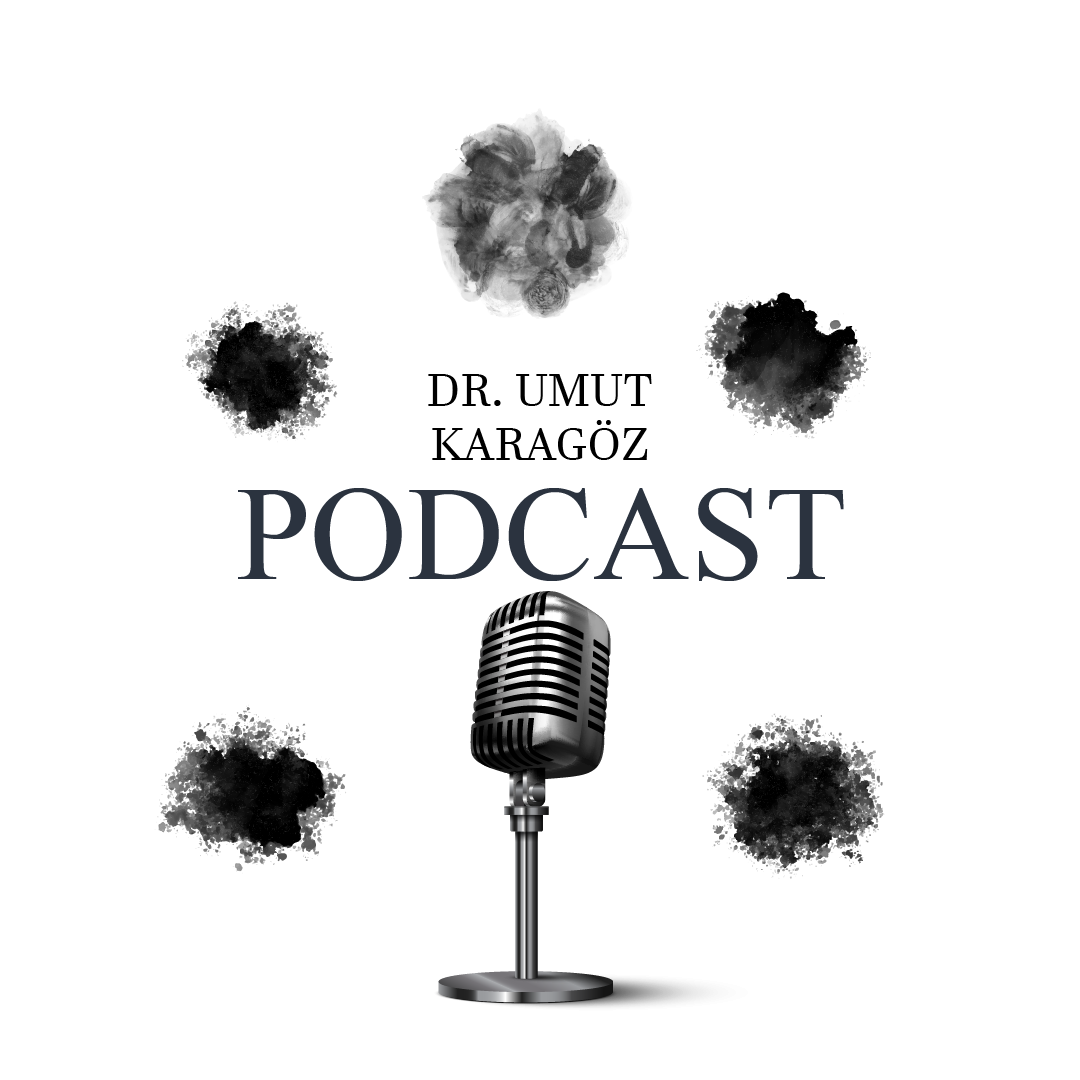It is a curious irony of history that the most devastating events often unfold not through grand conspiracies or inevitable clashes, but through a slow, reluctant march of misjudgments. One hundred years ago, the Austro-Hungarian Empire’s declaration of war against Serbia, ostensibly a local affair, became the spark that engulfed the world. As we look back on July 28, 1914, it becomes increasingly clear: the First World War was not an unavoidable catastrophe, but a colossal failure of diplomacy, an avalanche set off by arrogance, fear, and reckless ambition.

The assassination of Archduke Franz Ferdinand by Gavrilo Princip is often cited as the trigger for the war. Yet in the days following that act of violence, the world remained largely calm. European capitals expressed shock but not fury. Only in Vienna, where imperialist dreams and nationalist paranoia collided, did the prospect of war burn brightly. Chief of Staff Conrad von Hötzendorf, a man described as “the most dangerous kind of officer—both stupid and intensely energetic,” saw an opportunity to crush Serbian ambitions once and for all. His imperialist fervor met little internal resistance after the death of the one man who consistently opposed war: Franz Ferdinand himself.

The deeper tragedy lies in the broader European context. Russia, far from being a backward agrarian giant, was modernizing rapidly. German leaders, particularly in the military, viewed Russia’s growing strength with dread. Chancellor Bethmann Hollweg’s diary reveals the terror: if war did not come soon, Germany would lose its advantage. War was not a spontaneous eruption; it was, to them, a strategic necessity.
And yet, the German people were not clamoring for conflict. Germany boasted the largest socialist movement in Europe, an active force against militarism. But the ruling elites, cloistered in their own fears and fantasies, mistook their strategic anxiety for national destiny. Kaiser Wilhelm’s “blank check” to Austria, pledging unconditional support, was not a calculated maneuver toward world war—it was a reckless assurance given in ignorance. Wilhelm believed, naively, that Russia was unprepared, and that no wider war would erupt. His vacation to Norway at the height of the July Crisis is testament to how far removed he was from the volcano he helped to awaken.
When Serbia responded to Austria’s harsh ultimatum, they accepted almost all demands, save for the outrageous provision that Austrian officials control their internal judicial processes. Even this, Serbia offered to submit to The Hague. It was not enough for Vienna. War was already the goal.
Efforts at mediation—from Russia, from Britain—were rejected. Austria, emboldened by Germany, marched to war. And only after the declaration, when Kaiser Wilhelm finally read Serbia’s full response, did he realize the monumental mistake. He scrawled desperately in the margins: “A great moral victory for Vienna, but with it every reason for war is removed.” But the machine was already moving, unstoppable and blind.
This was not the clash of titans driven by fate, but the result of fragile egos, nationalist fantasies, and catastrophic miscalculations.
History often disguises its greatest tragedies under the veneer of inevitability. The First World War was never inevitable. It was chosen, again and again, by men who feared losing power more than they feared war itself.
As we reflect on that July of 1914, we must recognize a deeper warning: when pride overrules reason, when fear replaces dialogue, when leaders treat war as an acceptable risk, civilizations can crumble overnight.
Today, the names have changed, the faces are different, but the patterns remain. Nationalism surges. Diplomacy stumbles. Pride once again whispers dangerous promises into the ears of those who hold power.
If the memory of 1914 teaches us anything, it is this: no war is truly inevitable until it is chosen. And if we fail to heed this lesson, we too may one day find ourselves scribbling, too late, in the margins of history, lamenting opportunities missed and tragedies born of pride.
